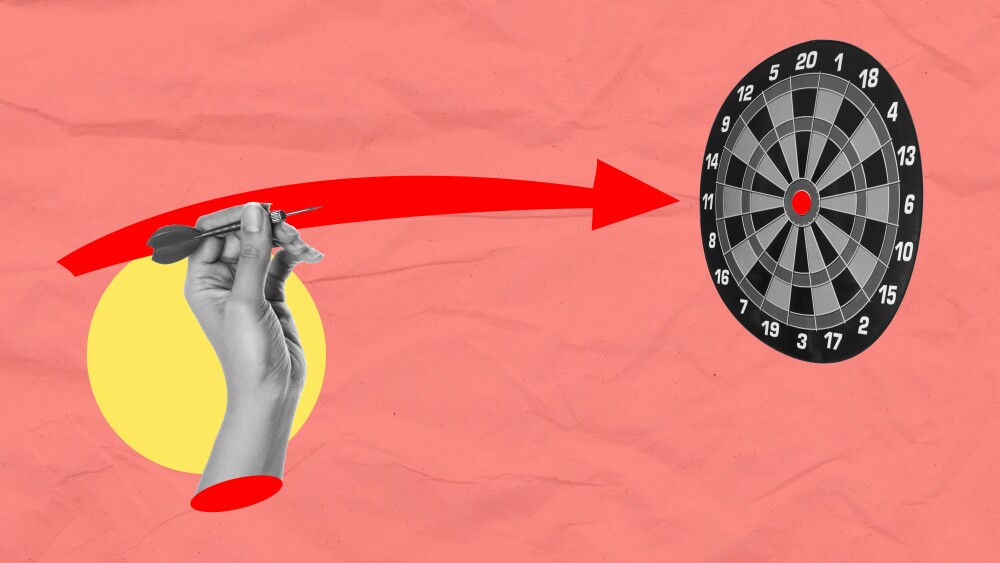Novus Therapeutics announced that its Phase IIa clinical trial of OPO201 in acute otitis media, or inflammation of the middle ear, failed to meet its primary endpoint.
Irvine, California-based Novus Therapeutics announced that its Phase IIa clinical trial of OPO201 in acute otitis media, or inflammation of the middle ear, failed to meet its primary endpoint. Company shares plunged 46% at the news.
Study C-006 was evaluating the safety, tolerability and efficacy of 20 mg per day intranasal OP0201 as adjunct to oral antibiotics to treat acute otitis media in infants and children 6 to 24 months of age. Patients received the drug twice a day for 10 days with a one-month follow-up.
The primary efficacy endpoints included resolution of bulging tympanic membrane at the second visit and resolution of middle ear effusion at the third visit.
“Although we did not achieve statistical significance for the primary efficacy endpoints, we are encouraged with the statistical trend that favored the OPO201 treatment group with regard to resolution of middle ear effusion,” said Catherine Turkel, president and head of Global R&D for Novus.
Turkel went on to say, “Middle ear effusion is a key diagnostic criterion for otitis media disorders, including acute otitis media. When middle ear effusion persists after an episode of acute otitis media, it may make children susceptible to more serious otitis media disorders, such as recurrent acute otitis media and/or chronic otitis media with effusion.”
Turkel added that the topline data and the safety and tolerability results supported continued development of its surfactant-based nasal aerosol.
However, the company’s board of directors launched an exploration of strategic options to maximize shareholder value. The options could result in financing to continue developing the therapy, selling or merging the company, selling assets, or various licensing options.
“We recognize that continued development of our surfactant-based nasal aerosol will require significant time and capital,” said Gregory J. Flesher, chief executive officer of Novus. “We must fund the company for several years in order to complete additional formulation and device development, initiate the next otitis media clinical trial, and ultimately deliver clinical data. Given our current valuation relative to our capital needs and given the operational challenges with the ongoing COVID-19 pandemic, we believe that exploration of all options is the appropriate course of action.”
Even though shares cratered, it has still gained 17% overall year to date compared to the S&P 500 index, which has lost 5.8%.
In the trial, 51% of the patients in the OPO201 cohort met the day 4 objective compared to 47.3% in the placebo arm. For the day 12 endpoint, 55.2% of the drug cohort met the mark compared to 27.9% for control. The other primary endpoint was safety, and 87.3% of patients receiving OPO201 experienced a treatment-emergent adverse event compared to 75.0% for placebo.
Otitis media is often the result of blockage of the Eustachian tube, which connects the middle ear to the back of the nasal cavity. OPO201 is made up of a surfactant (dipalmitoylphosphatidylcholine) and a spreading agent (cholesteryl palmitate) suspended in a propellant. It is administered intranasally by way of a pressurized metered-dose inhaler, which helps clear the Eustachian tube.
The typical treatment for otitis media is antibiotics for bacterial infections that might occur from the blockage, but there is no specific treatment for viral infections. If the condition is recurrent or chronic, a minor surgical procedure is often performed where the tympanic membrane (eardrum) is perforated, which improves drainage and middle ear ventilation.
As of January, the company indicated it had enough cash to stay open until the fourth quarter of this year.
Although not specific to otitis media, a number of biotech companies are focused on developing drugs related to hearing loss. Boston-based Akouos is developing therapy for patients whose hearing loss is caused by mutations in the otoferlin (OTOF) gene. Boston-based Decibel Therapeutics is working on developing therapies that regenerate the tiny hairs in the inner ear that become damaged, causing congenital hearing loss or age-related balance disorders. Frequency Therapeutics is also working on a similar program.





